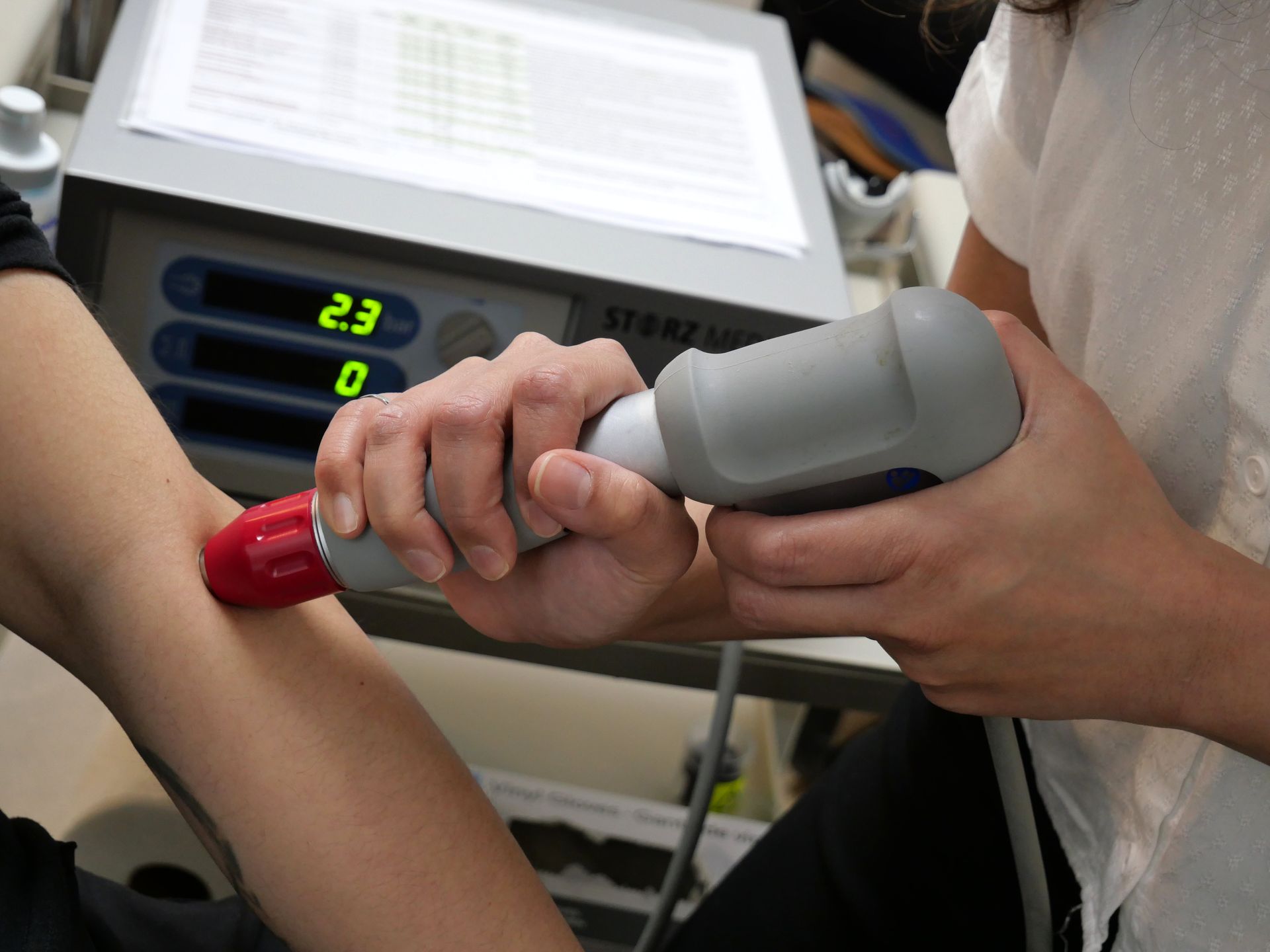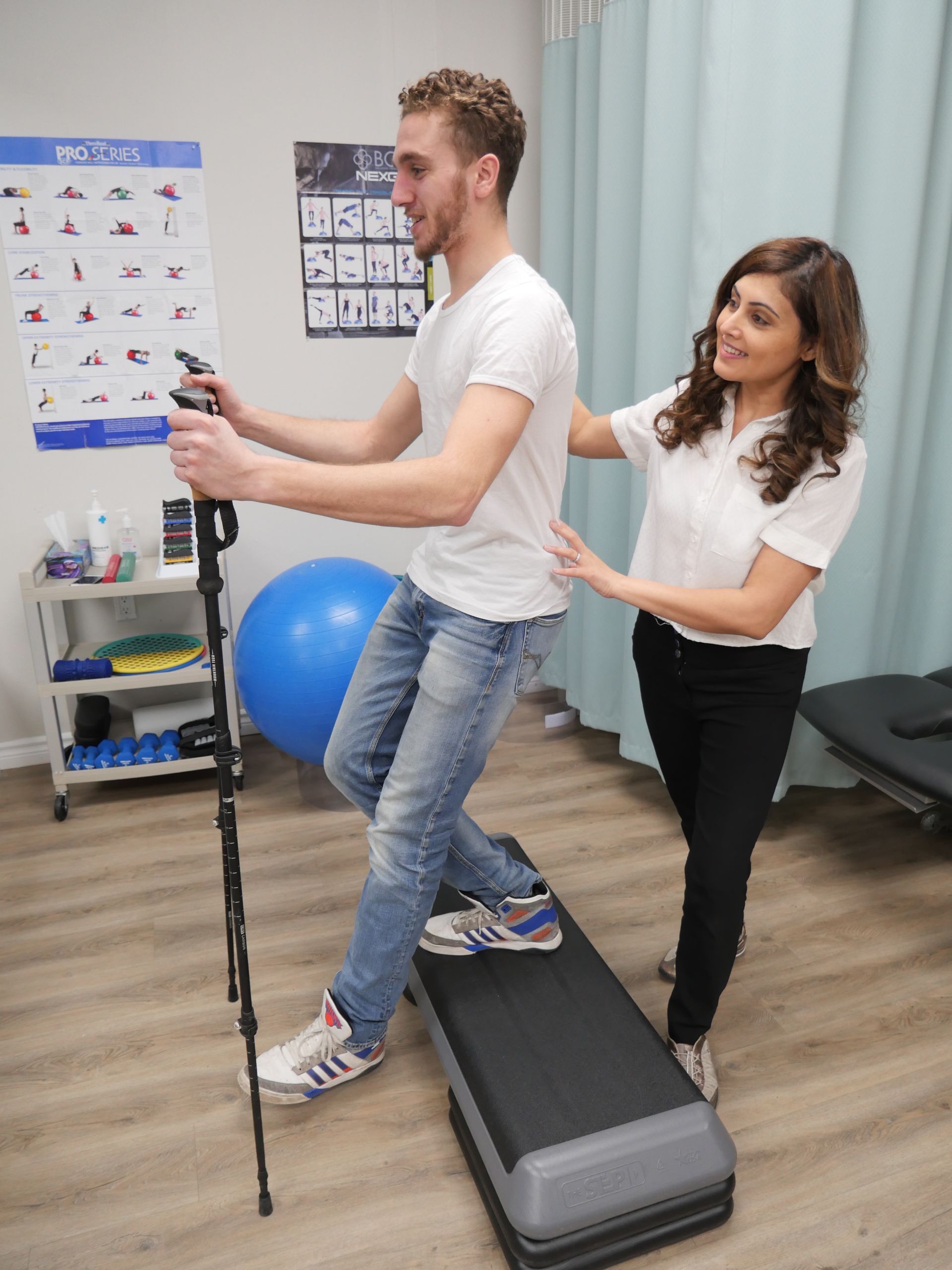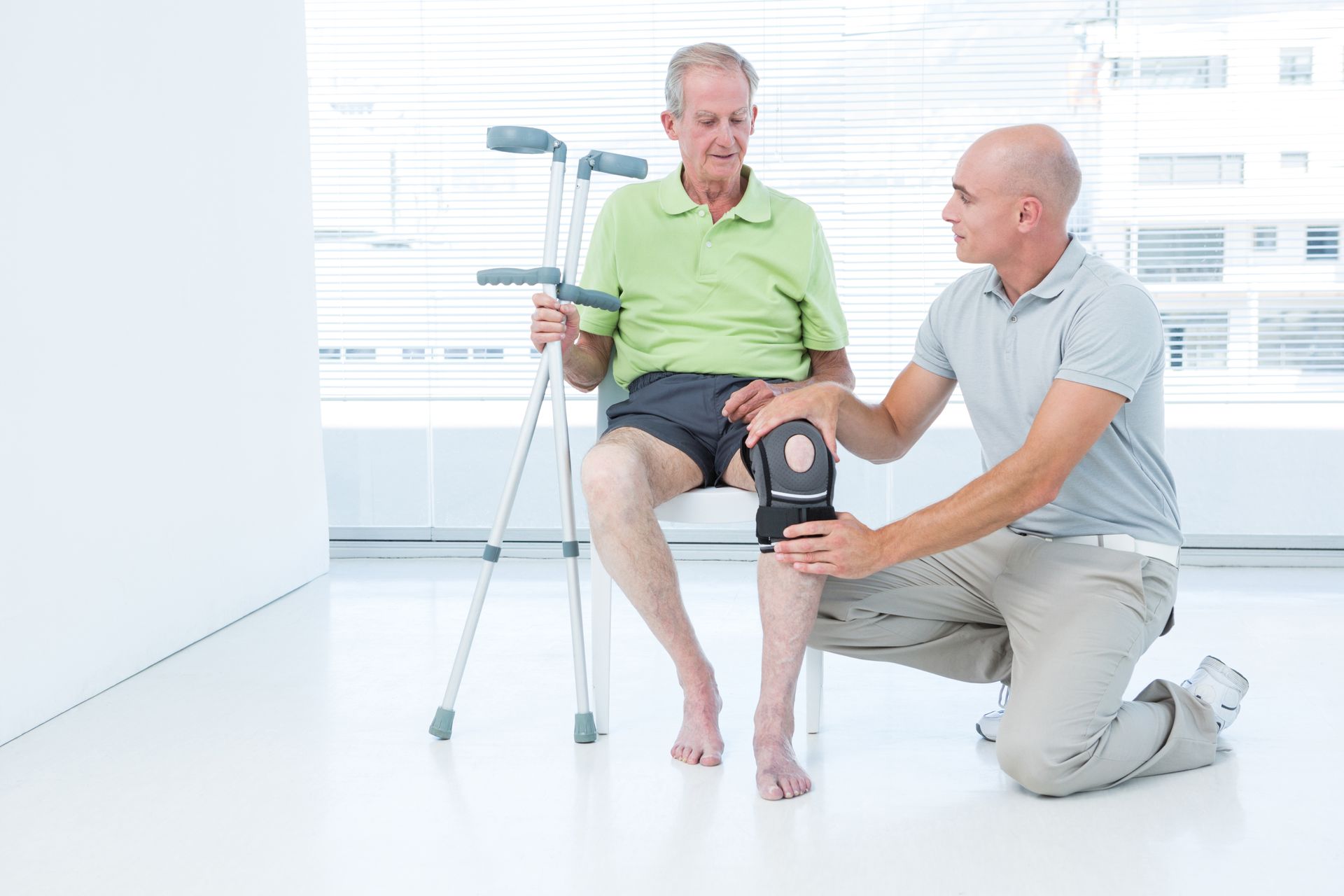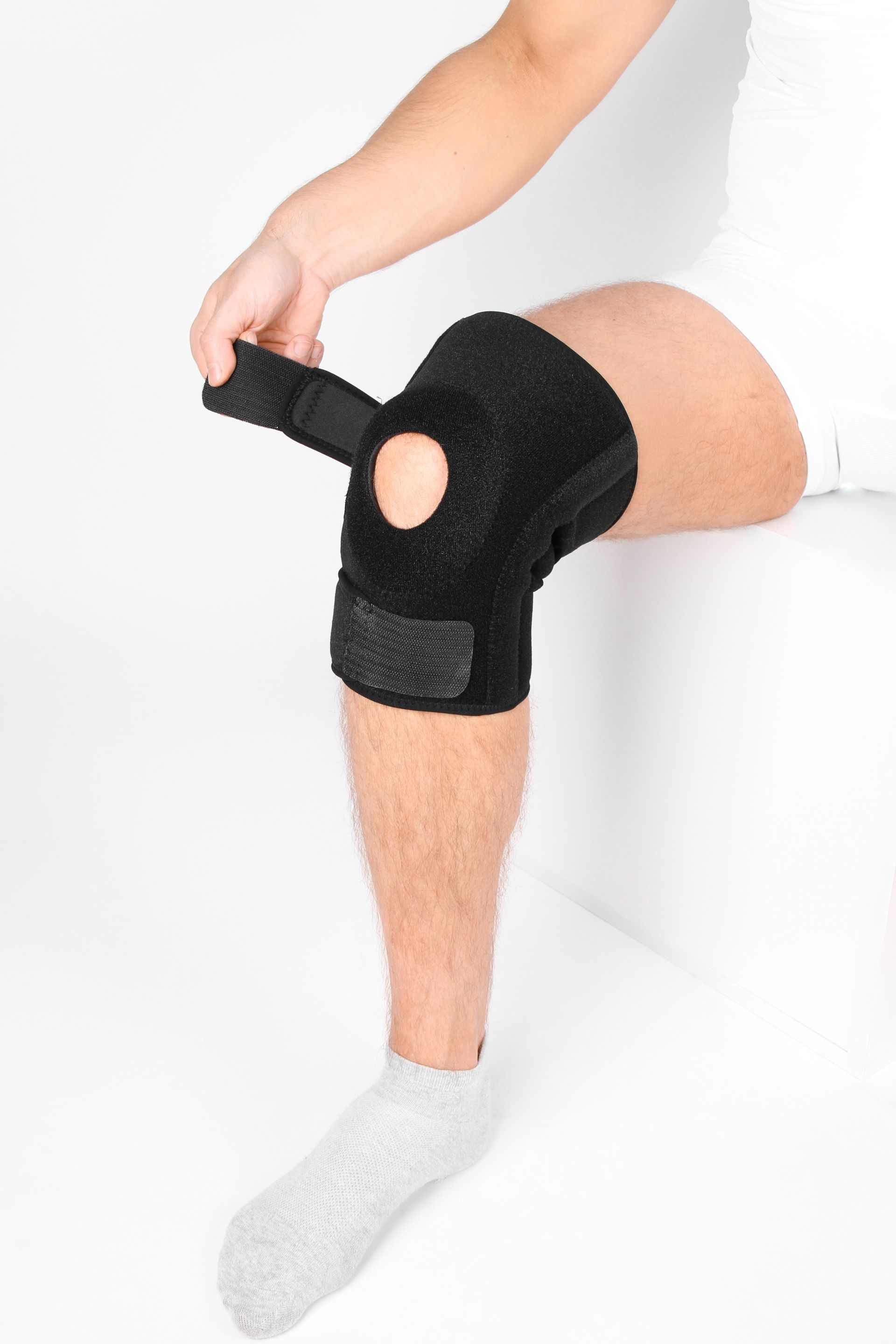Frozen Shoulder: What You Need to Know
Frozen shoulder, also known as adhesive capsulitis, is a common condition that causes stiffness and limited range of motion in the shoulder joint. It can occur due to various factors, including shoulder tendinopathy. In this blog, we will explore the causes, symptoms, and available treatments for frozen shoulder, empowering you to take control of your shoulder health.
What Causes Frozen Shoulder/Shoulder Tendinopathy?
Frozen shoulder can be caused by a variety of factors, including shoulder tendinopathy. Shoulder tendinopathy refers to the inflammation and irritation of the tendons in the shoulder joint, leading to pain, weakness, and restricted movement. Common causes of frozen shoulder and shoulder tendinopathy include:
1. Trauma or Injury: A shoulder injury or trauma, such as a fall, can lead to inflammation and pain, ultimately resulting in frozen shoulder.
2. Immobilization: Prolonged periods of immobility, such as wearing a sling or being bedridden, can contribute to stiffness and the development of adhesive capsulitis.
3. Systemic Diseases: Conditions like diabetes and thyroid disorders have been linked to an increased risk of developing frozen shoulder.
Symptoms of Frozen Shoulder:
Recognizing the symptoms of frozen shoulder is crucial for early intervention and effective treatment. The primary symptoms include:
1. Pain: Persistent and often severe pain in the shoulder joint, especially during movements.
2. Stiffness: Gradual loss of shoulder mobility, making it difficult to perform tasks that involve reaching, lifting, or stretching.
3. Restricted Range of Motion: Inability to move the shoulder freely, particularly when raising the arm or rotating it.
Treatments for Frozen Shoulder:
While frozen shoulder can be painful and frustrating, there are several treatment options available to alleviate symptoms and restore shoulder function. These treatments may include:
1. Physical Therapy: A tailored exercise program designed by a physiotherapist can help improve range of motion, reduce pain, and strengthen the shoulder muscles.
2. Medications: Over-the-counter pain relievers, nonsteroidal anti-inflammatory drugs, or corticosteroid injections may be prescribed to manage pain and inflammation in the shoulder joint.
3. Manual Therapy: Techniques like joint mobilization and soft tissue mobilization performed by a skilled therapist can help break up scar tissue and improve shoulder mobility.
4. Home Care: Applying heat or ice packs to the affected area, practicing gentle stretching exercises, and maintaining proper posture can aid in pain management and prevent further stiffness.
5. Surgery: In rare cases where conservative treatments fail to provide relief, surgical intervention may be considered. Arthroscopic surgery is performed to release tight tissues and remove scar tissue, allowing for increased shoulder mobility.
Frozen shoulder and shoulder tendinopathy can significantly impact your quality of life, hindering daily activities and causing discomfort. By understanding the causes, recognizing the symptoms, and exploring available treatments, you can take proactive steps toward healing and restoring your shoulder mobility.
If you are experiencing shoulder pain or stiffness, it is important to consult with a qualified healthcare professional. Contact Delta Physiotherapy & Rehab today to schedule an appointment and explore personalized treatment options that will help you regain function and live pain-free.
If you are suffering from frozen shoulder or shoulder tendinopathy,
contact Delta Physiotherapy & Rehab and let our experienced team develop a personalized treatment plan tailored to your specific needs. Take the first step towards a pain-free, mobile shoulder!










